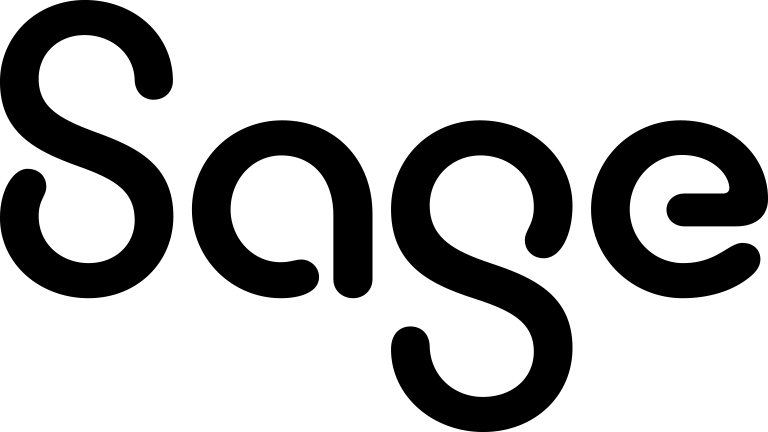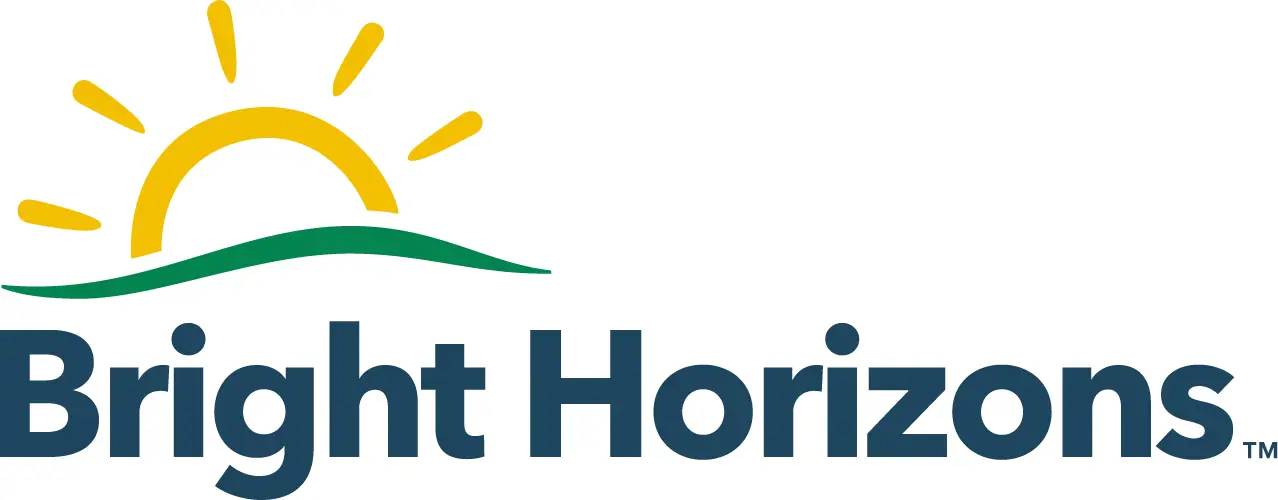In a competitive job market, it’s more vital than ever that you can both retain your very best talent and attract new employees. To do that requires a laser-like focus on the things that matter to employees. From training and development opportunities to health and wellbeing, these are all part and parcel of what makes for excellent employee experience. But while it’s easy to talk about the need to build and maintain employee morale, it’s not always easy to turn that talk into actions which really deliver.
To find out more about just what is holding organisations back (and offer some solutions), MHR commissioned a survey asking 250 HR professionals in the UK and Ireland just what they thought about employee experience and the actions they were taking, or even not taking, to make it a reality. The result, Employee Experience: Digging into the Numbers, makes for sobering reading in places (you can download a copy of the report using the link at the end of this article) and shows that when it comes to both measuring and monitoring employee morale there is still plenty of work to do before we can really say we are delivering effective experiences for all our employees.
So just what’s stopping us? And how can we best lift the roadblocks that are holding us up on the drive towards the highest possible levels of employee morale?
How to clear the roadblocks
Before we look at the potential solutions, here are just a few highlights from the report. Despite acknowledging the importance of employee experience, there seems to be a disconnect between what employers say they are doing and what employees feel is really happening. For example, half the sample say they don’t use software to manage employee wellbeing. Yet wellbeing and engagement are significant drivers for employees, with 86% saying that they would leave a role if they felt their employer didn’t respect their wellbeing and 79% saying they were sceptical of their employer’s initiatives to promote mental health. So having a dedicated tool to support this is clearly essential to any strong engagement strategy.
So just how can we act to close those gaps and deliver employee experiences that really make a difference? Here are six suggestions that address some of the more important issues employees and employers both face.
- Consistent and regular measurement
You need not only to ask the right questions, but also to ask them regularly. Yet just 45% of companies run quarterly satisfaction surveys. Only 25% do this every month. This process can be automated to minimise administration, set up and distribution. So why aren’t more doing so?
- Automate the results
Speed is vital both in terms of the analysis of results and feeding that back to all the relevant stakeholders. It shouldn’t take weeks. Yet 93% of our survey said they didn’t have instant access to the results.
- Compare and contrast
It’s important to have the ability to cross reference the survey results with other data such as employee turnover rates, absence rates and sentiment surveys, so you get the fullest possible picture.
- Make it easy
You need to ensure the best possible uptake of any survey. That means making it easy to complete and anonymous. Yet 40% don’t anonymise their surveys. Perhaps one reason why the average response is 60%, according to our research. Requiring an employee to complete a survey by logging onto a computer at their desk is likely to lower response rates and not give an accurate picture of engagement. Better to use mobile devices. With a mobile solution as the first option, employees can chose the best time for them to complete the survey, and in their own environment. It’s therefore more likely to be responded to and give truer and more considered feedback.
- Build trust
Just because you survey four times a year doesn’t mean the job is done and dusted. It’s important to build an open culture that encourages dialogue on a regular basis. Openness and honesty shouldn’t just be on show every time you survey your employees, but be part and parcel of everything you do. That means giving line managers the technical and skills support they need to build and maintain that trust. This really does matter, as 50% of employees surveyed said that they quit their jobs to get away from their line manager. This might not be a ‘personal thing’ – because poor communications, feeling you’re not being supported or feeling that you don’t have the right tools to do your job well can also create friction between the manager and the employee. To deliver an open and trusted culture you need to deliver the right tools to enable everyone to benefit and thrive.
- Communicate and feed back
Feedback is absolutely vital to ensuring that employees feel they are being heard and that what they say will be acted upon. Yet only 46% of our survey respondents said that they communicated the results of their surveys. By not communicating the results you leave the loop wide open when it should be closed. By sharing the results you encourage greater engagement and participation in future surveys.
Getting the lines of communication flowing
In short, if you don’t open honest, trustworthy lines of two-way communication with employees, how can you ever expect to know just what they are feeling, what matters to them, and have any fair and open way to gauge their levels of satisfaction? The good news is that this doesn’t have to be onerous or time consuming. Software, like our own People First, can allow HR teams to build a complete picture of employee experience, letting you quickly, regularly and efficiently get the information you need to act on employee concerns and develop a 360-degree view of levels of engagement throughout your organisation.
But it all starts with knowing what matters and how you might fix those issues. To find that out, and discover more about what your organisation could be doing to boost employee engagement, find and retain the best talent, download our survey now. You’re just one click away from removing the roadblocks to successful engagement.
Rebecca Carter is MHR's principal product manager

















